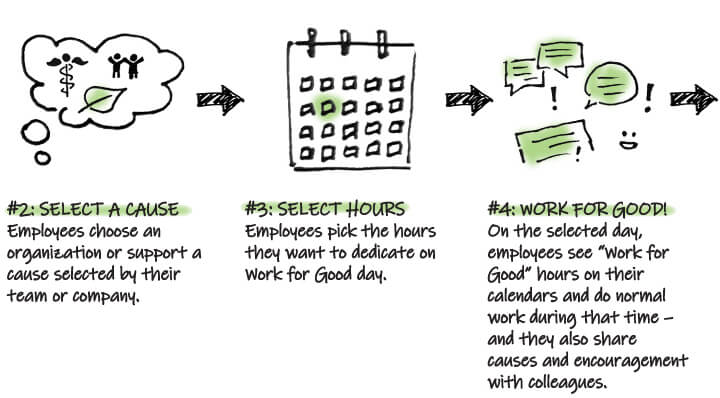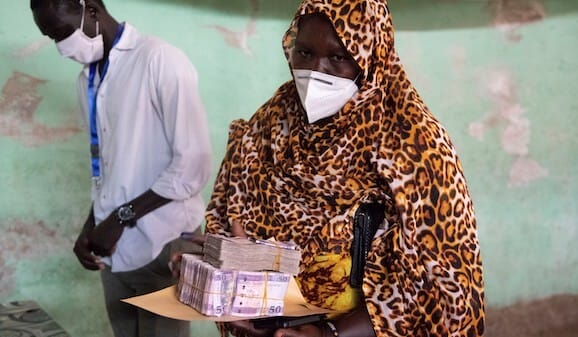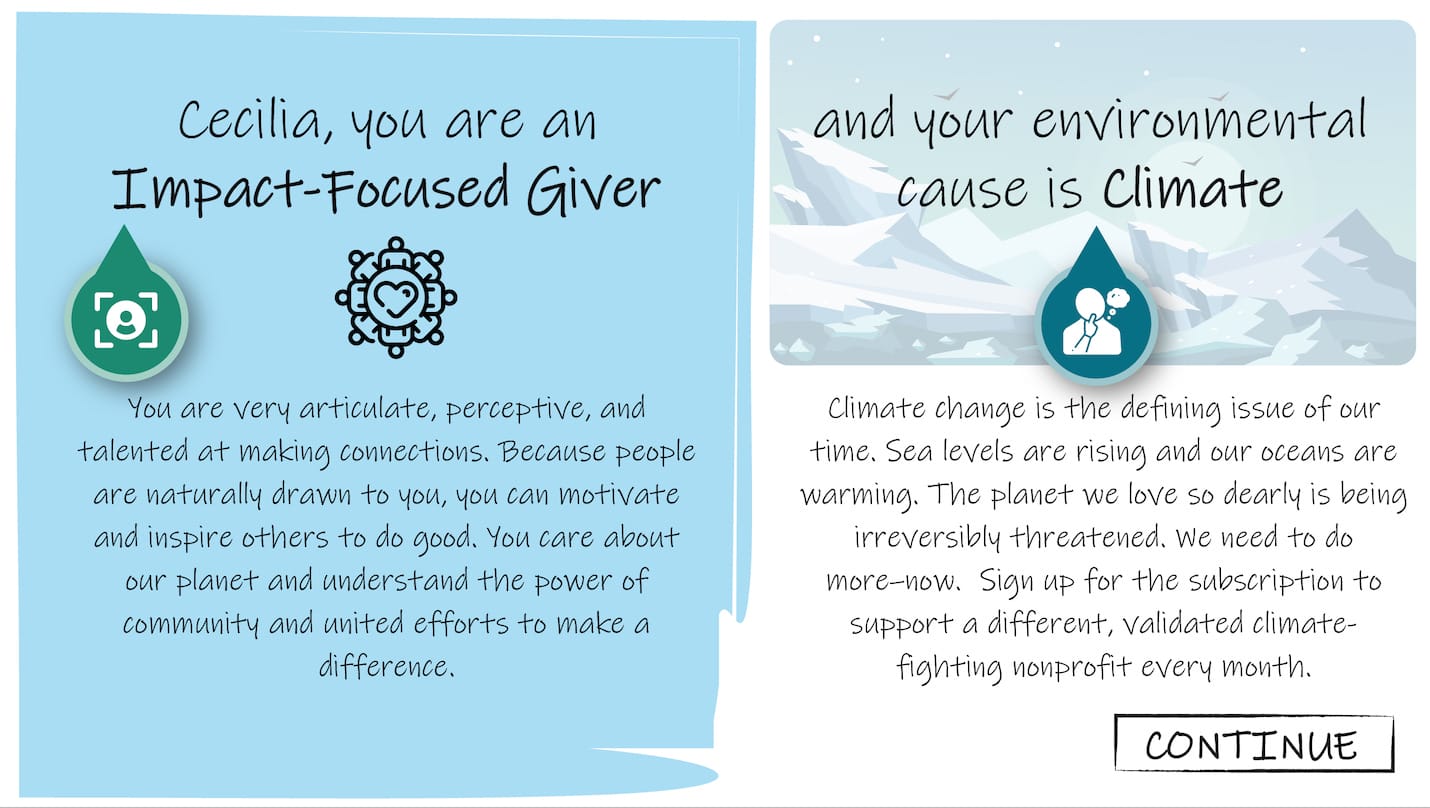
Work for Good: Turning Hours at Work into Dollars for Impact
by Cecilia Shang and Eleni Fischer
Many employees indicate that they want to be a part of a workplace that is socially meaningful in some way. America’s Charities’ 2017 Snapshot study found that “71% of surveyed employees say it is imperative or very important to work where culture is supportive of giving and volunteering.” More recently, many employees are seeking to […]











